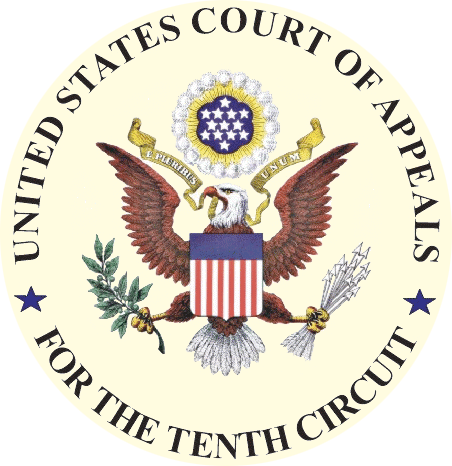Originally published on Forbes.com on June 5th, 2012
It is hard being a tax protester. Coming up with crackpot theories and having them slapped down by the IRS and the courts. The case of Sam William Palmer in the Tenth Circuit is about as close as they ever come to a victory. Sam had a bit over $100,000 in income in 2007 and did not file a return. The IRS did one for him coming up with a little over $20,000 in tax and almost $8,000 in penalties. He went to Tax Court. He did not deny the income. He argued that the IRS procedure was flawed.
In tax court, Palmer did not deny that he had received the unreported income or that he had failed to file a tax return. Rather, he argued that the agents who issued the notice of deficiency lacked proper authority and that the notices violated the Paperwork Reduction Act of 1995. In response, the IRS introduced evidence of Palmer’s unreported income, argued that it was proper to impose penalties, and moved for summary judgment. After considering the evidence, the tax court granted summary judgment in favor of the IRS. Additionally, the court upheld the penalties, finding that Palmer had failed to contest the IRS’s evidence.
In his appeal he extended the argument a bit :
On appeal, Palmer asserts that that his notice of deficiency was issued by an agent who lacked authority to implement the Internal Revenue Code. In this claim, Palmer implies that only the Secretary of the Treasury may issue such a notice from Washington, D.C. Moreover, Palmer suggests Congress undermined the IRS’s authority to issue deficiency notices when it passed the Internal Revenue Service Restructuring and Reform Act of 1998
Come on, Sam. You expect the notice to come straight from Tim Geithner. He can’t get his own return right, even when he has a computer:
Not surprisingly the Tenth Circuit was not having any of that argument:
We have expressly rejected the contention that “the Commissioner of Internal Revenue and employees of the Internal Revenue Service have no power or authority to administer the Internal Revenue laws … because of invalid or nonexistent delegations of authority.” Palmer raises no legal arguments and offers no facts that undermine our holding in Lonsdale. His claims are “nothing more than oft-repeated tax protestor arguments that have long been rejected by the federal courts as patently frivolous.” We decline Palmer’s invitation to reconsider our precedent and do not address the extensive arguments presented for the first time in his reply brief.
So where is the victory ? Here it is:
The Commissioner asks that we impose $8,000 in sanctions on Palmer for maintaining frivolous arguments on appeal. According to the Commissioner, Palmer’s arguments have repeatedly been rejected by courts nationwide (including this court) and are completely devoid of merit. As such, the instant appeal is cast as a waste of judicial resources. The sum of $8,000 was selected because it is allegedly less than the cost that the Commissioner incurs in responding to an appeal.
In light of Palmer’s acknowledgment that his arguments conflict with circuit precedent and his failure to offer any reasonable basis for challenging the existing law, we hold that sanctions are warranted. Nevertheless, this appeal does not present a situation in which the court or Commissioner were “inundated” with a “myriad of claims.” Given the relatively simple issues the Commissioner was required to address, we invoke our discretion and reduce the requested sanction amount to $4,000.
There you go. This is the civil equivalent of the Cheek defense. If you limit yourself to just a couple of stupid arguments, the Court will not sanction you nearly as much as the IRS wants them to. Congratulations.
Any of you “patriots” or “sovereign citizens”, or whatever you choose to call yourselves, are welcome to comment. I am pretty liberal about calling comments out. I would really appreciate it if you would look at this link first, but it is not a requirement.
You can follow me on twitter @peterreillycpa.































































































